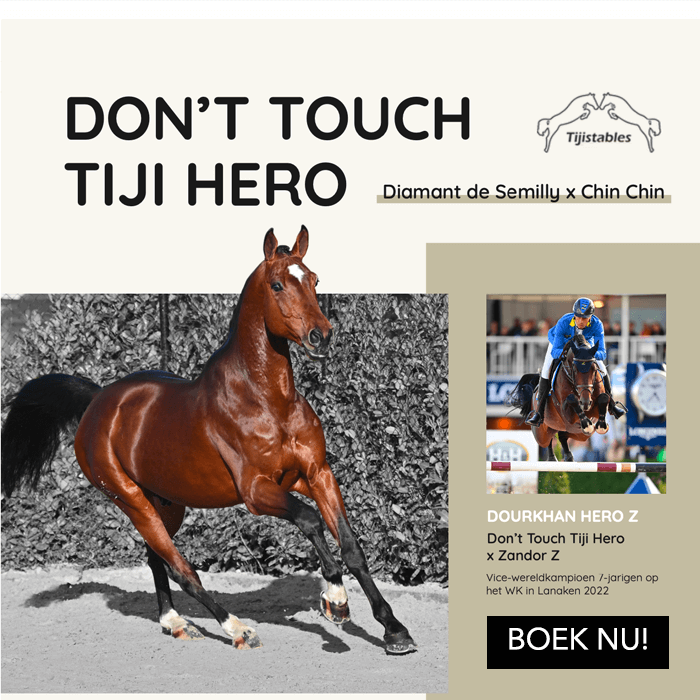By importing colts and fillies from the Netherlands, Cuban trainers are creating prized competitors capable of fetching more than $40,000 from buyers at private auctions, with much of the proceeds going back to the government-led equine enterprise.
At an auction last month at the National Equestrian Club, well-heeled horse collectors gathered in the tropical air to sip wine and raise their bidding paddles, hoping to find a champion among the Dutch Warmbloods paraded before them.
By evening's end, 31 horses sold for a total of about $435,000 to buyers from Brazil, Canada, Guatemala, the Netherlands and Mexico.
The National Equestrian Club is run by Flora and Fauna, a state business that promotes the island's natural resources. It keeps 117 horses in stables in Lenin Park on the outskirts of Havana.
Cuba, which splits proceeds from the auction with a Dutch equine company, uses much of its share to fund a new initiative to breed the horses locally rather than have to import animals at great expense.
Willy Arts, the head of the Royal Dutch Sport Horse association's North American wing, said there is growing demand for high-quality show horses and Cuba's program could be important to people in the Western Hemisphere looking to purchase them at more accessible prices.
Cuba complains bitterly about training world-class athletes who leave to make millions for themselves in other countries. If successful, the new equine initiative would produce four-hooved performers whose success only means more revenue for the program that produces them.
Nearly two dozen mares currently are part of the breeding effort. Last year, three horses born through the insemination program were sold at prices ranging from $39,000 to $50,000, said Maydet Vega, a veterinarian who oversees equine programs at Rancho Azucarero, the horse-breeding center west of Havana where the artificial insemination program is being developed.
Breeding foals in Cuba has the additional advantage of allowing horses to adapt to Cuba's sweltering heat and humidity from birth, she said.
"It's important to be able to produce them on the continent," Vega said. "They can adapt to the tropical conditions of our climate so people can have them in all countries in the Americas."
source: Miamoi Herald/Equnews





